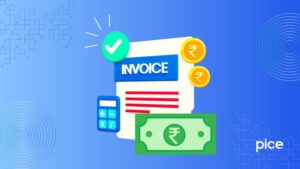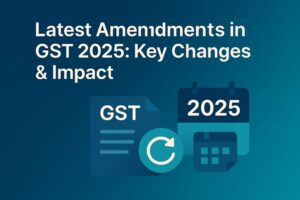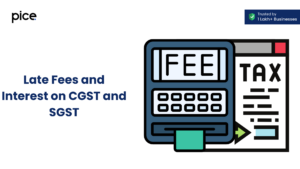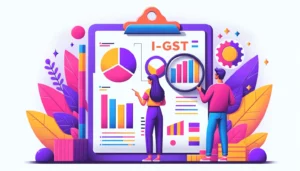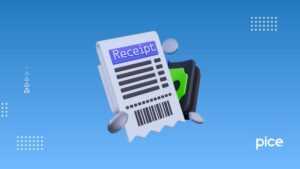Understanding Non-GST, Nil-rated, Zero Rated & Exempt Supplies
- 6 Nov 24
- 7 mins
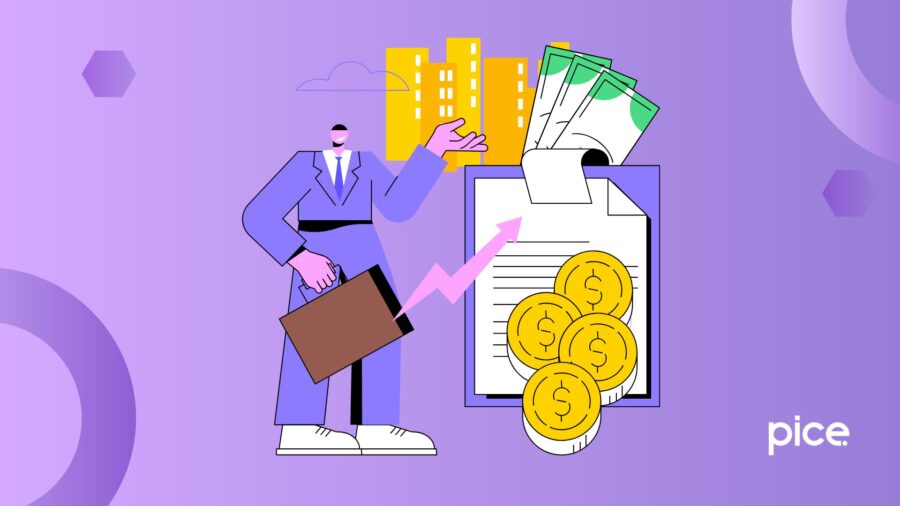
Understanding Non-GST, Nil-rated, Zero Rated & Exempt Supplies
Key Takeaways
- Non-GST supplies are outside the GST regime but may incur other taxes, including items like alcohol and fuel.
- Nil-rated supplies are taxed at a 0% GST rate, with no ITC claim eligibility for suppliers; common examples include essential items like milk and grains.
- Exempt supplies, such as basic public services and food items, are GST-free but do not allow suppliers to claim ITC on related transactions.
- Zero-rated supplies cover exports and SEZ transactions, allowing suppliers to claim ITC refunds under specified conditions.
- Understanding the differences among nil-rated, exempt, zero-rated, and non-GST supplies is essential for accurate GST return filings and avoiding compliance issues.
Under the GST law, various types of non-taxable supplies co-exist and often create confusion among consumers. Although the end result of supplies like nil-rated, zero-rated, exempt and non-GST supplies are the same, i.e., no applicable GST, you should still know the fundamental difference to properly file GST returns.
To help you understand better, we have explained here the basic difference between nil-rated, exempted, zero-rated and non-GST supplies in simple terms.
Non-GST Supplies
These are the supplies that do not come under the GST regime. Nevertheless, these products or services can still attract other forms of taxes based on the jurisdiction of their place of supply. Some common examples of non-GST supplies include alcohol for human consumption, petrol, diesel, electricity, etc.
Nil-Rated Supplies
For nil-rated supplies, the government levies a zero rate of tax. Suppliers are not eligible to claim input tax credit on these supplies. Everyday items like grains, cereals, jaggery, milk and vegetables are some examples of nil-rated supplies.
Exempt Supplies
Under this category, you find items that are used in everyday life. As these are essential commodities or services, no GST is levied on such supplies. Consequently, the supplier won’t be able to claim any ITC for the related transactions.
Some GST-exempt supplies include education services, public transport, residential renting and food items like bread, curd, etc.
Zero-Rated Supplies
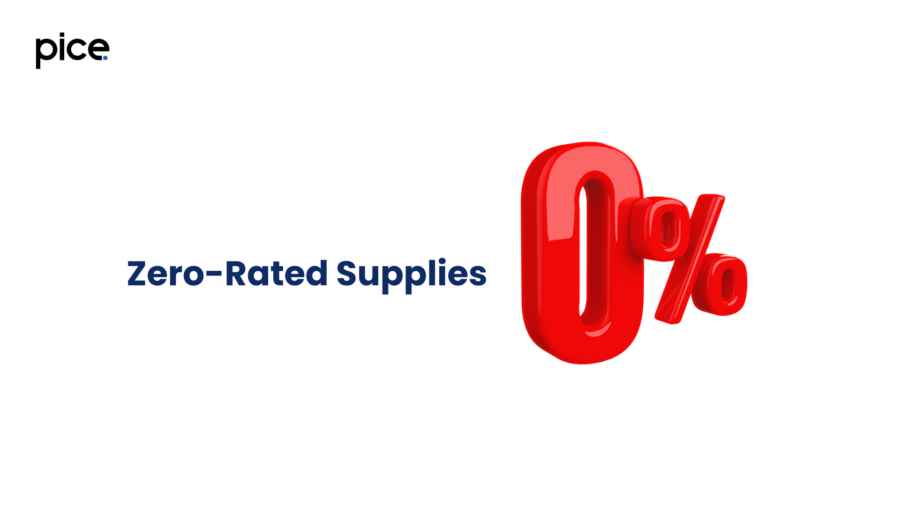
Overseas supplies and the ones that are delivered to Special Economic Zones (SEZs), come under zero-rated supplies. Although no tax rates are specified for them, still the supplier can claim ITC against them.
💡 If you want to pay your GST with Credit Card, then download Pice Business Payment App. Pice is the one stop app for all paying all your business expenses.
Refund Process for Zero-Rated Supplies
If certain conditions and protocols favour the supplier, they can claim refund of the input tax credit paid to procure the materials that were used to create the end supply. For claiming the refund, either of the two following options can be followed:
Option 1: The supplier can decide not to pay any IGST while exporting supplies to an SEZ. After this, they can claim a refund for the accrued ITC.
Option 2: The supplier can continue supplying to SEZs by meeting the respective IGST liabilities. Next, they have to claim a refund for the amount paid towards GST.
Based on the availability of cash flow and ITC, you can select either of the two options, as mentioned above. Once an option is selected, no changes can be made within the same financial year, unless there’s a change in ownership of the business.
Explanation and Features
The regulating pointers of zero-rated GST supplies are mentioned in Section 16(1) of the IGST Act 2017. As per the Act, any goods or services that pass the following criteria are to be held as a zero-rated supply:
- Exported goods or services or both
- A Special Economic Zone (SEZ) supply
- Supply of commodities or services to an SEZ developer
In zero-rated supply transactions, both the supplies produced and the inputs or input resources used to produce them are exempt from GST. The following aspects are to be noted in a zero-rated supply:
- The taxes that a supplier pays on zero-rated supplies are refunded
- ITC is allowed upon transactions involving zero-rated supplies
- In cases where supplies are exempt or tax-free, any taxes paid on inputs or input services will be refunded.
If you want to go through the provisions explaining the refund of unutilised input credit, you can find the explanations in Section 54 of the CGST Act, 2017.
Illustrations and Reporting in GST Returns
While filing GST returns, zero-rated supplies are to be reported in Table 6 of GSTR-1 and GSTR-3B under the column mentioning “Zero-rated Outward Supplies”. You can claim ITC on resources utilised for producing zero-rated supplies as a refund. The related details need to be listed under GSTR-1, GSTR-3B and RFD-01.
As supporting documentation, you must present all the related tax invoices and shipping bills to comply with the GST laws.
ITC Eligibility Across Different Supply Categories
According to Section 17(5) of the CGST Act 2017, a particular class of goods and services does not qualify for valid ITC claims. Here you can see the different supply categories for which the supplier cannot file an ITC return:
| GST Supply Category | Goods and Services Under the Category |
| Non-GST Supply | Alcoholic liquor, natural gas, diesel, petrol and aviation turbine fuel |
| Nil-rate Supply | Salt, jaggery, grains, puja samagri, supply of human blood, etc. |
| Exempt Supply | Services towards the government, room renting less than ₹1,000 per day, healthcare services in establishments where charges usually cross ₹5,000 per day, etc. |
Note: Typically, GST exemptions are announced via official notifications. Therefore, for updated information, you should track the recommendations made by the GST Council.
Key Distinction Between Non-GST, Nil-rated, Zero Rated & Exempt Supplies
Zero-rated supplies are services and commodities that come under the GST law but the end consumers are free from paying it. Much similar to zero-rated supplies, nil-rated supplies also attract 0% GST for consumers. However, unlike zero-rated supplies, the suppliers of nil-rated supplies cannot claim a refund for previously paid ITC.
Non-GST supplies refer to services that are offered by the government like defence services, sale of agricultural goods, postal service, alcohol for consumption, etc. Finally, exempt supplies represent a category of supplies that do not attract GST rates at all. The suppliers of such goods or services cannot claim ITC upon transactions. Some primary exempt supplies include bread, milk, curd, etc.
Conclusion
For individuals, it is crucial to understand the difference between nil-rated, exempted, zero-rated and non-GST supplies to correctly assess their tax liabilities. This can help them evade any sort of legal consequences in the future. Thus, we suggest you follow the guidelines mentioned above to streamline your tax filing process.
 By
By 





